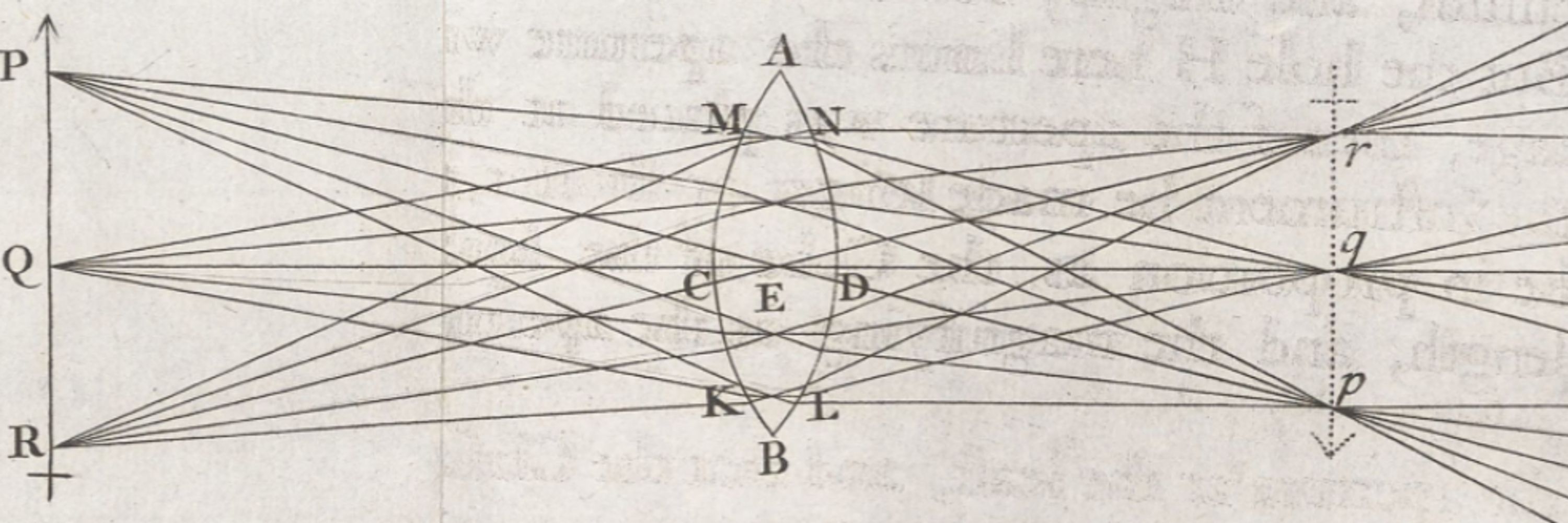
Regular contributor for JSTOR Daily. Work in Aeon, Atlas Obscura.
History Blog: invertingvision.com

#Histsci 🗃️ #geology
daily.jstor.org/mad-about-ge...


thonyc.wordpress.com/2024/06/26/m...

thonyc.wordpress.com/2024/06/26/m...
thespacereview.com/article/5093/1

thespacereview.com/article/5093/1
🧪🔭
www.nytimes.com/interactive/...

🧪🔭
www.nytimes.com/interactive/...
🗃️
daily.jstor.org/the-erie-can...

🗃️
daily.jstor.org/the-erie-can...
🗃️
daily.jstor.org/the-erie-can...

🗃️
daily.jstor.org/the-erie-can...


#Histsci 🗃️ #geology
daily.jstor.org/mad-about-ge...

#Histsci 🗃️ #geology
daily.jstor.org/mad-about-ge...
#Histsci 🗃️ #geology
daily.jstor.org/mad-about-ge...

#Histsci 🗃️ #geology
daily.jstor.org/mad-about-ge...




A closer view of Descartes’ système de tourbillons. All of these models provided working descriptions of the universe to different degrees of accuracy 🔭

A closer view of Descartes’ système de tourbillons. All of these models provided working descriptions of the universe to different degrees of accuracy 🔭

Today's article pick from Damn History, a free monthly newsletter for readers/writers of #popularhistory. Congrats to writer @inverting-vision.bsky.social & @jstordaily.bsky.social!
Read/subscribe to Damn History: damn-history-16d93f.beehiiv.com/subscribe
daily.jstor.org/arthur-c-cla...

Today's article pick from Damn History, a free monthly newsletter for readers/writers of #popularhistory. Congrats to writer @inverting-vision.bsky.social & @jstordaily.bsky.social!
Read/subscribe to Damn History: damn-history-16d93f.beehiiv.com/subscribe
daily.jstor.org/arthur-c-cla...

#histSTM 🗃️ #aviation
daily.jstor.org/a-practical-...

#histSTM 🗃️ #aviation
daily.jstor.org/a-practical-...

#histSTM 🗃️ #aviation
daily.jstor.org/a-practical-...

#histSTM 🗃️ #aviation
daily.jstor.org/a-practical-...
#histsci 🗃️ #bees
daily.jstor.org/the-bee-danc...

#histsci 🗃️ #bees
daily.jstor.org/the-bee-danc...
#histsci 🗃️ #bees
daily.jstor.org/the-bee-danc...

#histsci 🗃️ #bees
daily.jstor.org/the-bee-danc...
www.nasa.gov/history/sofia/

www.nasa.gov/history/sofia/


![Comic. [two connected spacecraft hovering in space above the Earth] Houston, the view is superb. We can see the continents spread out below us, right where they’ve been since the Earth formed. [caption] I still can’t believe we developed spaceflight before we figured out that the continents moved.](https://cdn.bsky.app/img/feed_thumbnail/plain/did:plc:cz73r7iyiqn26upot4jtjdhk/bafkreicp2ka5asjgkmgfdfj33vnjb5bbvk3vnyao6ju5kipxcdc23pqasm@jpeg)